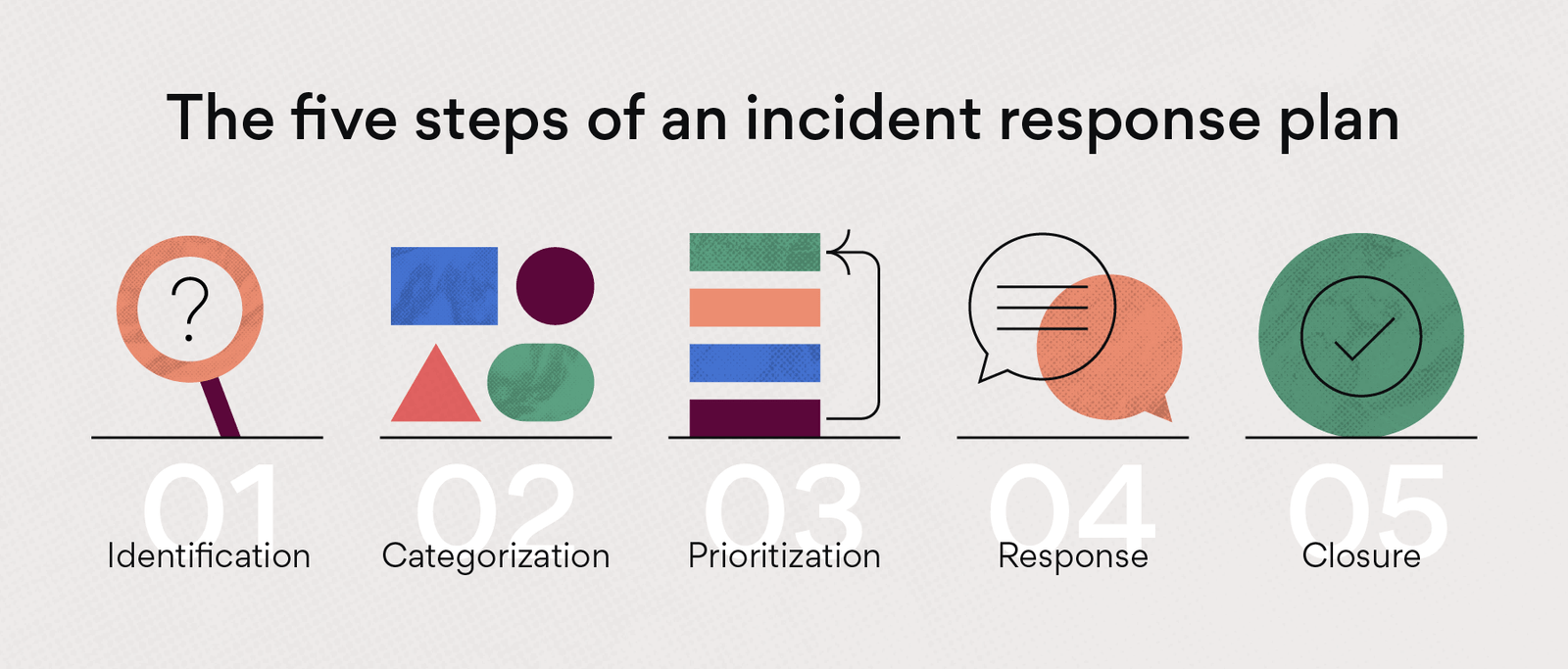Permanent Residency (PR) is a status granted by certain countries that allows individuals to live and work in the country indefinitely. Having PR can significantly impact the visa application process. For people seeking to move to a different country for work, study, or to join family members, understanding how PR status can ease the visa process is crucial. A PR holder often benefits from fewer requirements and a more streamlined application process compared to non-PR applicants.
This article explores how PR status can help in obtaining different types of visas, including work, student, and family-based visas. It also discusses the process of acquiring PR status and how it can improve the chances of getting a visa to a foreign country.
What is PR (Permanent Residency)?
Permanent Residency (PR) is a legal status that grants a foreign national the right to live, work, and study in a country without being a citizen. In many countries, PR status is a step toward eventual citizenship, although it does not grant the right to vote or hold public office. It typically involves living in the country for several years, fulfilling certain requirements such as employment or education, and undergoing background checks.
The benefits of PR status vary by country but generally include access to healthcare, social security, and other public services that citizens enjoy. In countries like Canada, Australia, and the UK, PR holders can also sponsor family members for visas and enjoy pathways to citizenship after meeting the necessary residency requirements. PR status can make it much easier to apply for a visa or renew a visa compared to non-PR applicants, as it demonstrates a strong connection to the country and an established legal status.
How PR Affects the Visa Application Process
Having PR status can make a significant difference in the visa application process. For individuals applying for visas such as work, study, or family reunification, PR holders often experience a more straightforward application process. In many cases, PR holders are given priority when applying for certain visas, especially for those applying to bring family members into the country or for work permits.
PR holders can often bypass long waiting times and complex bureaucratic processes. For example, in countries like Canada and Australia, permanent residents may be eligible for expedited processing when applying for visas for family members, or they might face fewer document requirements when applying for a visa to extend their stay. Furthermore, PR status often allows an applicant to avoid many of the restrictions placed on temporary residents, like restrictions on work permits or study programs.
PR as a Pathway to Easier Visa Approvals
PR holders often find it easier to obtain visas for various purposes, such as work, study, or family reunification. For example, in Canada, Permanent Residents (PR) are allowed to sponsor their family members for immigration, including spouses, children, and parents, with fewer restrictions. Additionally, PR status can help individuals get priority in applying for work or student visas, often with fewer requirements or waiting periods.
Many countries view PR holders as individuals who have already proven their commitment to the country. This can be a huge advantage when applying for other types of visas. For example, PR holders may not have to provide as much financial proof, a common requirement for non-PR applicants, since their existing legal status in the country often serves as evidence of financial stability.
How to Obtain PR to Improve Visa Application Chances
Acquiring PR status is often seen as an important step toward improving your visa application chances. Each country has its own specific pathways for obtaining PR, which may include employment-based immigration, investment programs, or family reunification. For example, Canada offers several pathways to PR, including the Express Entry system, Provincial Nominee Program (PNP), and Family Class Sponsorship.
To increase your chances of obtaining PR for visa application, it is essential to meet the specific eligibility criteria set by the country you’re applying to. This often involves having a stable job, sufficient financial resources, or a job offer from a local employer. Many countries also require applicants to demonstrate proficiency in the local language or show a clear understanding of the country’s culture and laws.
Applying for PR status requires careful documentation and understanding of the immigration rules. It is also important to maintain lawful status in the country and avoid actions that might jeopardize your PR application, such as overstaying visas or violating the terms of temporary residence.
The Role of PR in Employment-Based Visa Applications
PR status plays a key role in the application process for employment-based visas. Many countries have visa categories specifically designed for PR holders to help them secure work permits for specific jobs or roles. In these cases, having PR status can make it easier to obtain a work visa, as the individual has already established residency and is viewed as a committed, legal member of society.
PR holders may also have access to a broader range of job opportunities, as many employers prefer hiring individuals with PR status due to the stability and legal rights associated with it. For example, in countries like Australia, employers can more easily sponsor PR holders for work visas, as these individuals have already demonstrated their ability to live and work in the country.
Additionally, PR status often grants access to better job prospects, as many jobs, especially those in the public sector or in fields requiring specific qualifications, are often reserved for PR holders or citizens.
PR and Family-Based Visa Applications
One of the major advantages of having PR status is the ability to sponsor family members for visas. In countries like the US, Canada, and the UK, PR holders can sponsor their spouses, children, and sometimes even parents or extended family members for family reunification visas. The process is often less complex and quicker for PR holders than for other applicants.
Family-based visa applications for PR holders often involve submitting proof of relationship, financial support, and the intention to provide for the family member once they arrive in the country. PR holders may be required to meet minimum income thresholds to sponsor family members, but the process remains far more accessible than for non-PR applicants. This can significantly reduce waiting times for family reunification and lead to a faster, more streamlined application process.
Common Challenges in PR-Based Visa Applications
While having PR status can provide many advantages, there are some challenges in using PR status to apply for a visa. One common issue is the eligibility of the PR holder’s family members. In some cases, family members may not meet the requirements for sponsorship, such as proving the relationship or showing sufficient financial support. There may also be long waiting periods for certain visa categories, especially in countries with high demand for PR-based immigration, like the US and Canada.
Another challenge is that PR status can be revoked if certain conditions are not met, such as failing to maintain residence in the country for the required amount of time. This can be particularly problematic for individuals who need to travel frequently for work or personal reasons. Additionally, PR holders must stay updated on changes in immigration laws, as new regulations may affect their ability to sponsor family members or apply for other types of visas.
Conclusion
In conclusion, PR status can be a powerful tool when applying for a visa. Whether it’s a work visa, student visa, or family-based visa, having PR status significantly enhances an individual’s chances of obtaining a visa. The benefits of PR include easier access to employment-based and family-based visas, as well as fewer bureaucratic hurdles. Understanding how to apply for and maintain PR status is crucial for those looking to improve their visa application chances and build a life in a foreign country. PR offers a clear pathway to not just secure residency, but also to expand opportunities for work, education, and family unity.











